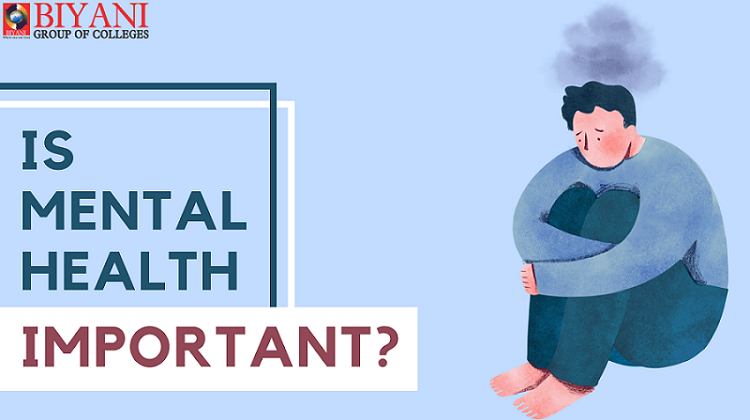Introduction:
Mental health is a state of balance between the individual and the surrounding world, a state of harmony between oneself and others co- existence between the realities of the self and other people and the environment.
Definition:
According to Karl Menninger (1947):
“Mental Health is an adjustment of human beings to the world and to each other with a maximum of effectiveness and happiness.”
Thus, mental health would include not only the absence of Diagnostic labels such as schizophrenia and obsessive compulsive disorder (OCD) but also the ability to cope with the stress of daily living freedom from anxiety and generally an existence outlook towards and cope of with those.
Concept of Mental Health:
- A positive attitude towards self: A positive attitude towards self includes an objective view of self including knowledge and acceptance of strength and limitations. The individual feels a strong sense of personal identity and security in the environment.
- Growth, development and the ability of self actualization: Growth development and the ability for self actualization indicator correlates with each level of development.
- Integration: It includes the ability to adaptively respond to the environment and the development of the philosophy of life, both of which help the individual to maintain anxiety in stressful situation.
- Autonomy: It refers to the individual’s ability to perform in an independent self directed manner, the individual make choices and accepts responsibility for the outcomes.
- Perception of reality: It includes perception of the environment without distortion as well as the cap3for empathy and social sensitivity.
- Environmental mastery: Environmental mastery indicator suggests that the individual has achieved a satisfactory role within the group, society and environment. He is able to love and accept the love of others.
Characteristics of Mentally Healthy persons:
- He has ability to make adjustments.
- He has a sense of personal worth, feels worthwhile and important.
- He solves his problems largely by his own efforts and makes his own decisions.
- He has a sense of personal security and feels secure in a group.
- He shows emotional maturity in his behaviour.
- He has developed a philosophy of life that gives meaning and purpose to his daily activities.
- He develops a capacity to tolerate frustration and disappointment in his daily life.
Nursing Signs of Poor Mental Health:
Symptoms of mental disorders vary depending on the type and severity of the condition.
Some general symptoms that may suggest a mental disorder includes:
- In younger children:
- Change in school performance
- Poor grades despair strong efforts
- Excessive worrying or anxiety
- Hyperactivity
- Persistent nightmares
- Persistent aggressive behavior
- Frequent tempor tantrums.
- Adolescence/In older children:
- Abuse of drugs or alcohol
- In ability to cope with daily problems and activities
- Changes in sleeping and eating habits
- Excessive complaints of physical problems
- Skipping school, stealing or damaging property
- Intense fear of gaining weight
- Long lasting negative mood, often alog with poor aptitude and thought of death.
- Frequent outburst of anger.
- In adults:
- Confused thinking, long lasting sadness or irritability
- Extreme high and low mood
- Excessive fear, worrying and anxiety
- Social withdrawal
- Changes in eating and sleeping habits
- Strong feelings of anger
- Delusion or hallucination
- Increasing inability to cope with daily problems and activities
- Thoughts of suicide
- Many explained physical problems
- Abuse of drugs or alcohol.




